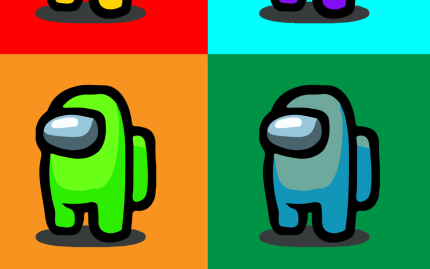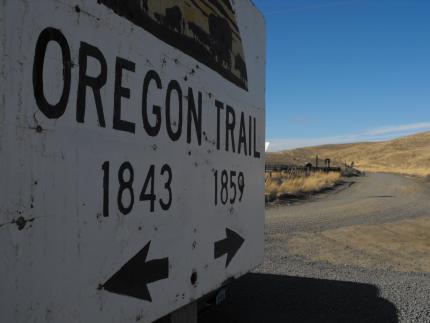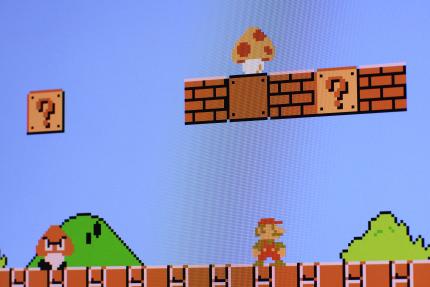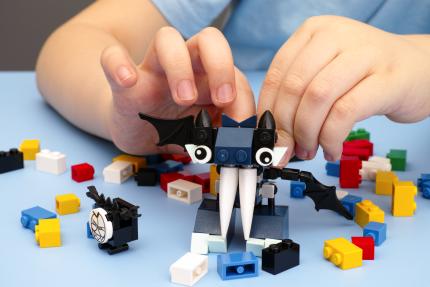Human Battleship
Inspired by a school gym class, this life-size version of the classic tabletop game is fun for all ages.
Inspired by a school gym class, this life-size version of the classic tabletop game is fun for all ages.
If your library struggles with tween engagement, you’re not alone. Perry County District Library proves that tween engagement is possible and totally enriching.

A real-life version of the multiplayer online game. Kids act as the crewmate or the imposter and complete tasks throughout the library, while still avoiding their demise by getting caught by the imposter.

Patrons of all ages attempt to survive the Oregon Trail in this You-Choose-Adventure style program.
Check out these four new fun online games to teach kids fundamental financial skills inside and outside of the library.

Mario Day celebrates the beloved Nintendo character with games and activities at the library.
New and free online games teach children basic financial skills related to earning, saving and spending money.
Part 2 in a series about must-have tabletop games explores those that might not yet be on your radar.
If your New Year's resolution is to make your dollars stretch further, take note of these recommendations.

An Iowa library teams up with their local YMCA to offer a monthly Lego program for kids.